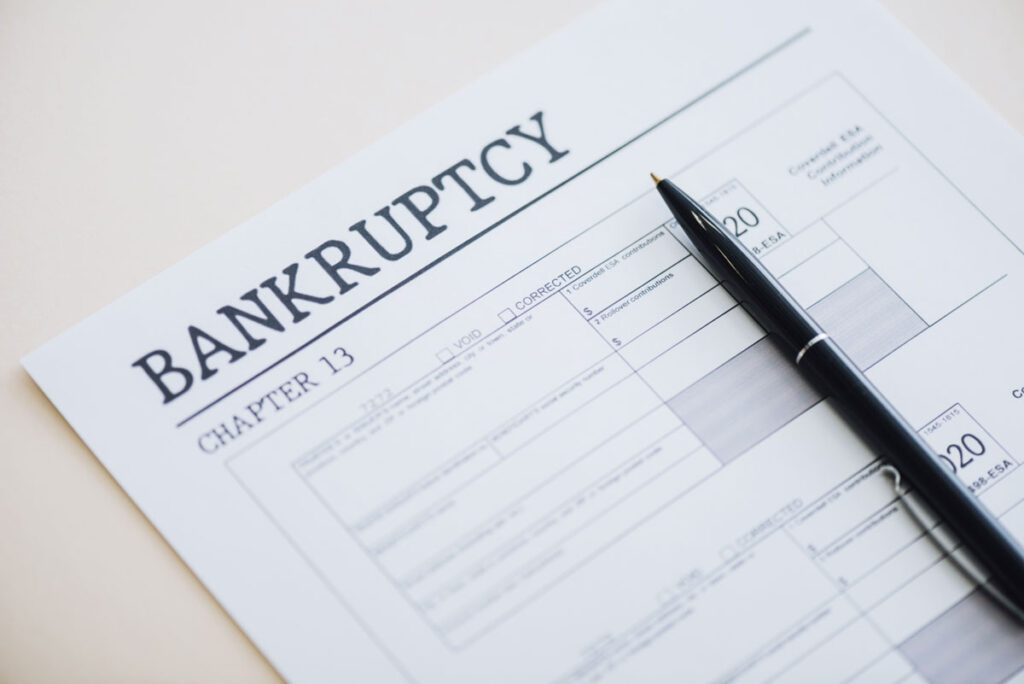Facing financial struggles is tough. Choosing the right bankruptcy path can feel overwhelming. But relief is within reach. When deciding between Chapter 7 and Chapter 13, it’s important to understand the basics. Chapter 7 wipes out most of your debt. It offers a fresh start. You might need to give up some belongings, but it can be a quicker process. On the other hand, Chapter 13 lets you keep your property. You repay your debts under a plan that spans a few years. This option is good if you have a steady income. Consulting a bankruptcy attorney is crucial. They guide you through the process and help you make the right choice. This decision affects your financial future. So, it’s worth considering what’s best for you and your loved ones. Remember, change is possible. Understanding your options is the first step toward financial stability and peace of mind.
Understanding Chapter 7 Bankruptcy
Chapter 7 bankruptcy is often called “liquidation bankruptcy.” It involves selling non-exempt property to pay off debts. Most unsecured debts, like credit card debts and medical bills, can be cleared. This process is usually completed in a few months. It provides a quick relief from debt. However, you might risk losing some belongings. It’s important to know which assets are protected.
Understanding Chapter 13 Bankruptcy
Chapter 13 bankruptcy is known as “wage earner’s plan.” It allows you to keep your property while paying off debts through a repayment plan. This plan typically lasts three to five years. You make regular payments to a trustee, who then distributes them to creditors. This option is suitable for those with a reliable income. It helps those wanting to catch up on missed payments, like a mortgage.
Eligibility Requirements
Not everyone qualifies for these bankruptcy types. Chapter 7 requires passing a means test. This test compares your income to the median income in your state. If your income is below the median, you qualify. Chapter 13 doesn’t involve a means test. Instead, you must have a regular income and cannot have debts exceeding specific limits. These limits change periodically. It’s essential to check the current figures.
Comparison Table
| Aspect | Chapter 7 | Chapter 13 |
| Eligibility | Means test required | Regular income needed |
| Process Length | 3-6 months | 3-5 years |
| Property | May lose some | Keep all property |
| Debt Discharge | Most unsecured debts | Debts under repayment plan |
Impact on Credit
Chapter 7 and Chapter 13 affect your credit differently. Chapter 7 stays on your credit report for ten years. Meanwhile, Chapter 13 remains for seven years. Both impact your credit score negatively, but many rebuild their credit within a few years. Responsible financial management helps improve your credit over time.
Long-Term Considerations
Consider your financial goals when choosing. Chapter 7 offers a fresh start, but the impact on your credit is significant. Chapter 13 lets you keep your home and car. It also allows you to catch up on missed payments. Consider the pros and cons of each option. The decision should align with your long-term financial plans. A government resource can provide additional information.
Steps to Take Next
- Assess your financial situation.
- Determine your eligibility for each type.
- Seek advice from a qualified professional.
- Consider the impact on your life and future.
Seeking Professional Guidance
Choosing between Chapter 7 and Chapter 13 is a big decision. Consulting a bankruptcy attorney ensures you understand your options. They provide guidance tailored to your situation. Their expertise helps you make informed choices. This support leads to a more stable financial future. Remember, you’re not alone in this journey. Professional help offers clarity and confidence in uncertain times.

